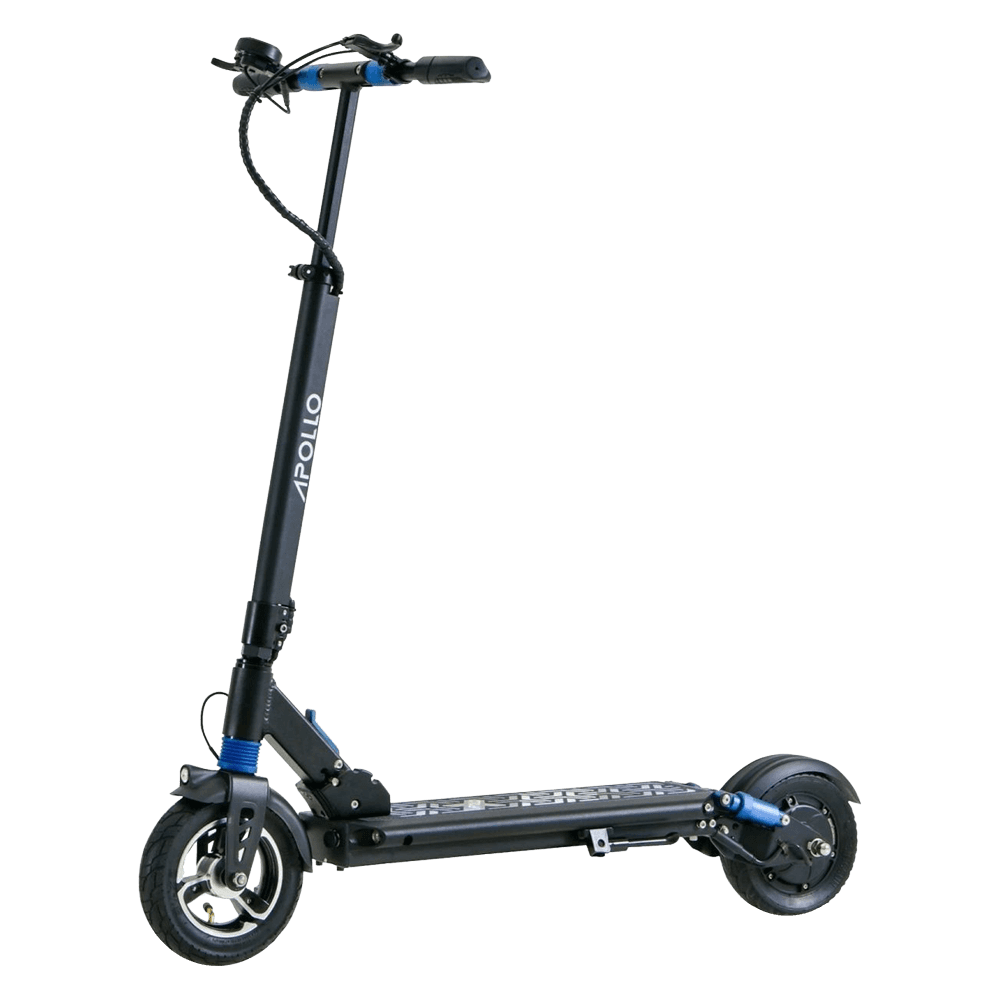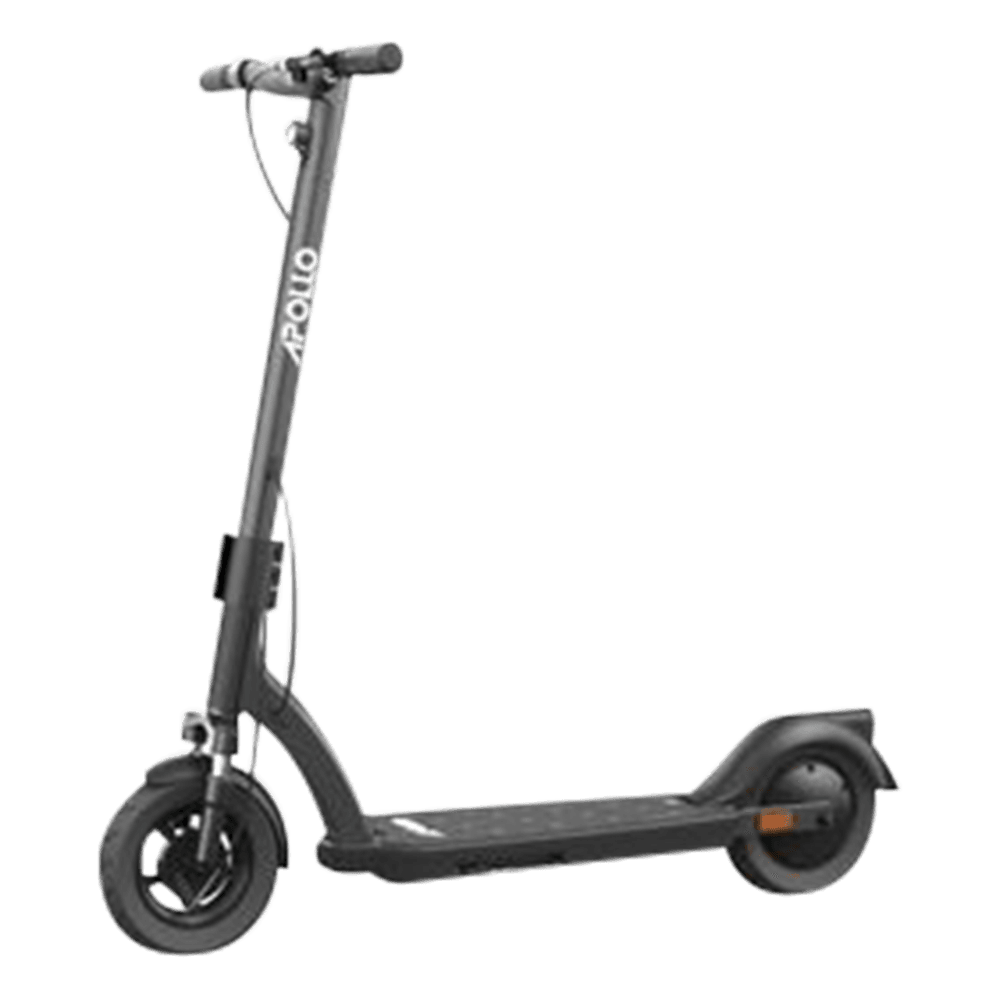Electric scooter comparison
Compare the Apollo Light and the Apollo Air Pro
Review the specs, pricing, and rider-focused details for the Apollo Light versus the Apollo Air Pro. Every matchup is sourced from Levy's internal database so you can make a confident choice.

Scooter A
Apollo Light
Range 16.3 mi • Top speed 22 mph
$799

Scooter B
Apollo Air Pro
Range 17.7 mi • Top speed 18.8 mph
$799
Specification breakdown
| Spec | Apollo Light | Apollo Air Pro |
|---|---|---|
| Range (mi) | 16.3 mi | 17.7 mi |
| Top speed (mph) | 22 mph | 18.8 mph |
| Weight (lbs) | 38.4 lbs | 36.8 lbs |
| Motor power (W) | 350 W | 350 W |
| Battery capacity (Wh) | 490 Wh | 374 Wh |
| Brakes | Drum | Drum |
| Tires | Mixed | Pneumatic |
| Waterproof rating | IP54 | IPX4 |
| Suspension | Dual Spring | Spring |
| Price (USD) | $799 | $799 |
Comparing the Apollo Light and Apollo Air Pro electric scooters: A Look at Features
Electric scooters deliver alternative transportation means, and when it comes to brands that thrive in this industry, Apollo remains at the forefront. They tout numerous models, including the Apollo Light and the Apollo Air Pro, each offering unique features suiting different user needs.
The Apollo Light’s appeal thrives in its compact nature. It is lightweight (37.5 lbs) thus making it more portable compared to the Apollo Air Pro. Its top speed clocks at 22mph with a range of 22 miles depending on the terrain and rider's weight. With a charging duration of up to 6 hours, it has an in-built 48V 10.2aH battery. Its 500W motor performs exceedingly well on flat paths but can struggle on steep terrains.
On the other hand, the Apollo Air Pro steps up the game with its higher speed, climbing ability, and ramped-up performance: a better fit for riders who desire more power and versatility. It carries a more powerful 600W motor, pushing the top speed to 28mph. Its climbing ability is superior, with the capacity to tackle inclines that the Apollo Light would find challenging. Using a powerful 48V 15.6aH battery, it offers a longer range of 34 miles. Although bulkier at 44 lbs, it counterbalances this with better shock absorption and increased motor power. Its charging duration is however significantly longer, taking up to 9 hours.
Essentially, it all boils down to the priorities of each rider. If factors like portability, lightweight, and less charging time equally matter, Apollo Light makes the most sense. However, if range, speed, climbing ability, and more robust performance are more critical, Apollo Air Pro triumphs.
Keep researching with Levy
Browse thousands more matchups or reach out to our team for personalized scooter advice.


